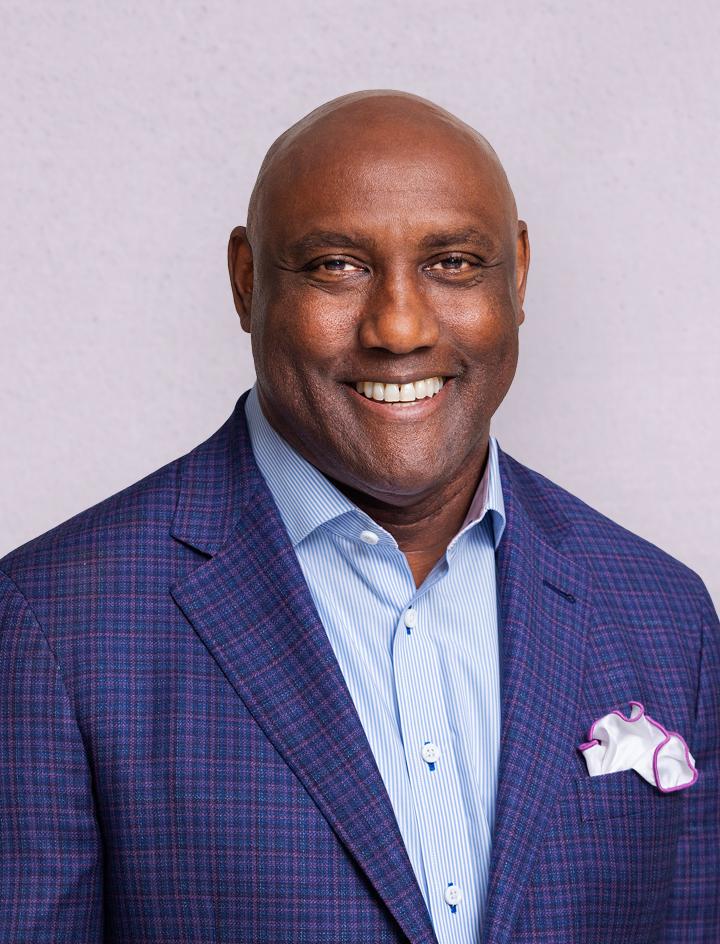Make Black History Month a Charge to Effect Real, Lasting Change
How the financial services industry can begin to narrow the persistent racial wealth gap.
Author

CAP®
Subscribe to Newsletter
Related Posts
FinServe Network Convenes for 2025 Summit
View DetailsFebruary 08, 2021
Before the history of Black America started being chronicled throughout the month of February, historian Carter G. Woodson and the Association for the Study of Negro Life and History announced the second week in February Negro History Week – coinciding with the birthdays of Abraham Lincoln (February 12) and Frederick Douglas (February 19).

Aside from my attraction to history, the payoff from this framing comes in Woodson’s profound words at the time of Negro History Week’s launch in 1926, when he said, “If a race has no history, it has no worthwhile tradition, it becomes a negligible factor in the thought of the world.”
That history is full of hard truths – ugly, divisive ones that must be presented not from the prism of the oppressors, but by those who suffered from such oppression. It's only in the unvarnished realities of past transgressions that we can truly appreciate, and celebrate, the progress America has made.
Major inflection points – the Emancipation Proclamation, Brown vs. The Board of Education, Rosa Parks on the bus, Dr. King’s “Dream”, the Civil Rights Act of 1964 – are bronzed amidst the cathedral halls of America's history; though any guided tour is still far too short, and leaves you feeling that there’s so much work left to do.
That’s because there is.
Black History Month is a time to reflect, re-engage (or engage for the first time) with the Black community, and re-energize ourselves for the marathon ahead. Each year, as I listen and watch the stories, and remember my upbringing in the 1960s Segregated South, I measure my capacity to affect change, where my words or deeds could do the most good.
Following the death of George Floyd last May, I wrote these words that came from a place of pain – but also one of passion and purpose to achieve sustainable, generational change. It’s not lost on me that I’m a Black President and CEO of the nation’s oldest, most storied institution serving a predominantly white financial services industry. I understand that I have a unique platform to voice concerns and provide perspectives. Yet, those perspectives, and that platform, only carry power if operationalized to work with the industry, inspiring leaders with conviction, not condemnation.
I’m a Black man who grew up with very little, yet opportunities afforded me by white mentors and sponsors opened avenues to fulfill career aspirations and provide for my family. I’m forever thankful – but I’m not a prodigy; there are countless others eager for similar opportunities to make a difference and demonstrate their expertise.
I believe sustainable, generational change in Black communities comes by identifying the root cause of pervasive wealth inequality and pinpointing the tangible, community-focused solutions needed to narrow the racial wealth gap. The American College Center for Economic Empowerment and Equality sees this gap as a matter of economic justice – where underserved communities have equal opportunities to prosper and live a fulfilling life as they define it.
The wealth disparity is real, and it’s significant. The Black community has faced institutional barriers to financial security and wealth for decades, leaving a massive gap between those benefiting from the current system, and those being left behind. I believe the right solutions integrate community needs with business goals (working with not around the financial services industry). Financial services, alongside nonprofit organizations, government agencies, and broader corporate America, must view the Black community as an investment, and focus on “doing well by doing good.” And that starts by humbly meeting Black America where it is – in a tenuous position on America’s financial food chain, understanding its concerns, embracing its communities, and coming together to develop the products and services needed to make change last.
With this construct, I believe the marathon will hit important mile-makers – those milestones that strengthen the successes standing alongside the necessary truths of past transgressions. During Black History Month, I'll again measure my capacity to affect change – but this year, I’ll do it in part through The College’s Center for Economic Empowerment and Equality. This Center – the only of its kind in financial services – aligns with The College’s mission and our vision for the future.
We can leverage our relationships with all financial services sectors, a growing number of community and private foundations, governmental contacts, and corporate executives to write a new chapter in the history books: Sustainable, Economic Change for Black America.
And we’ll do it together.
Related Posts
FinServe Network Convenes for 2025 Summit
View Details